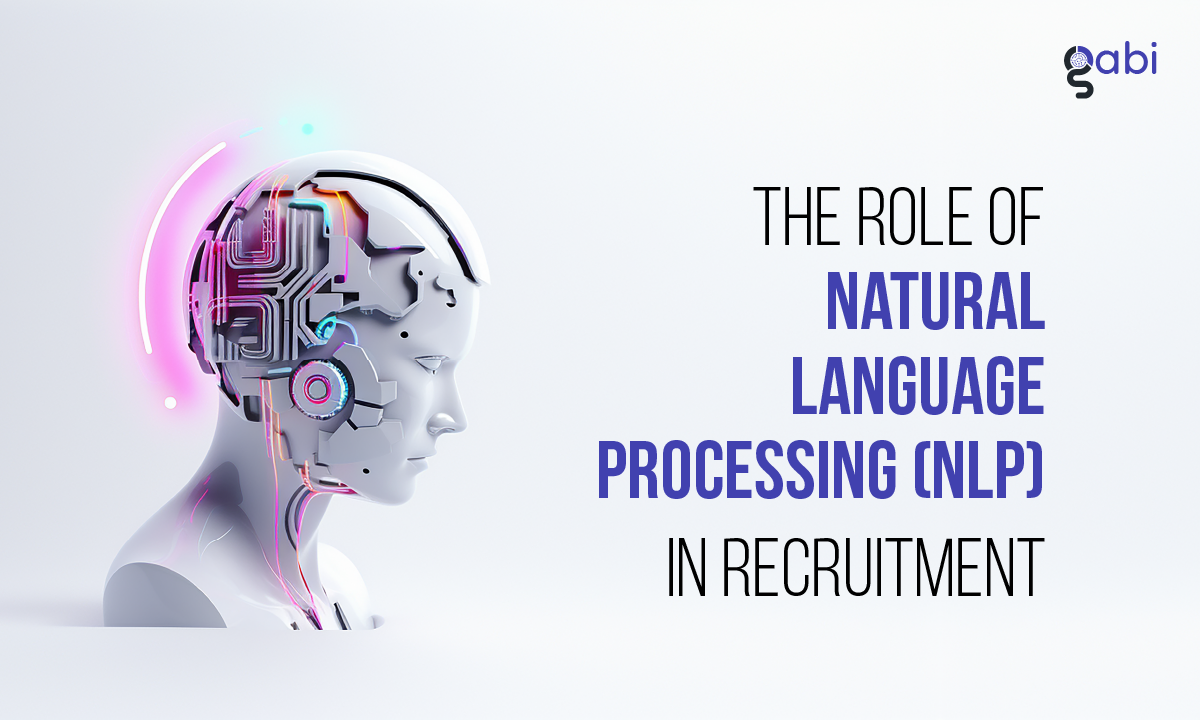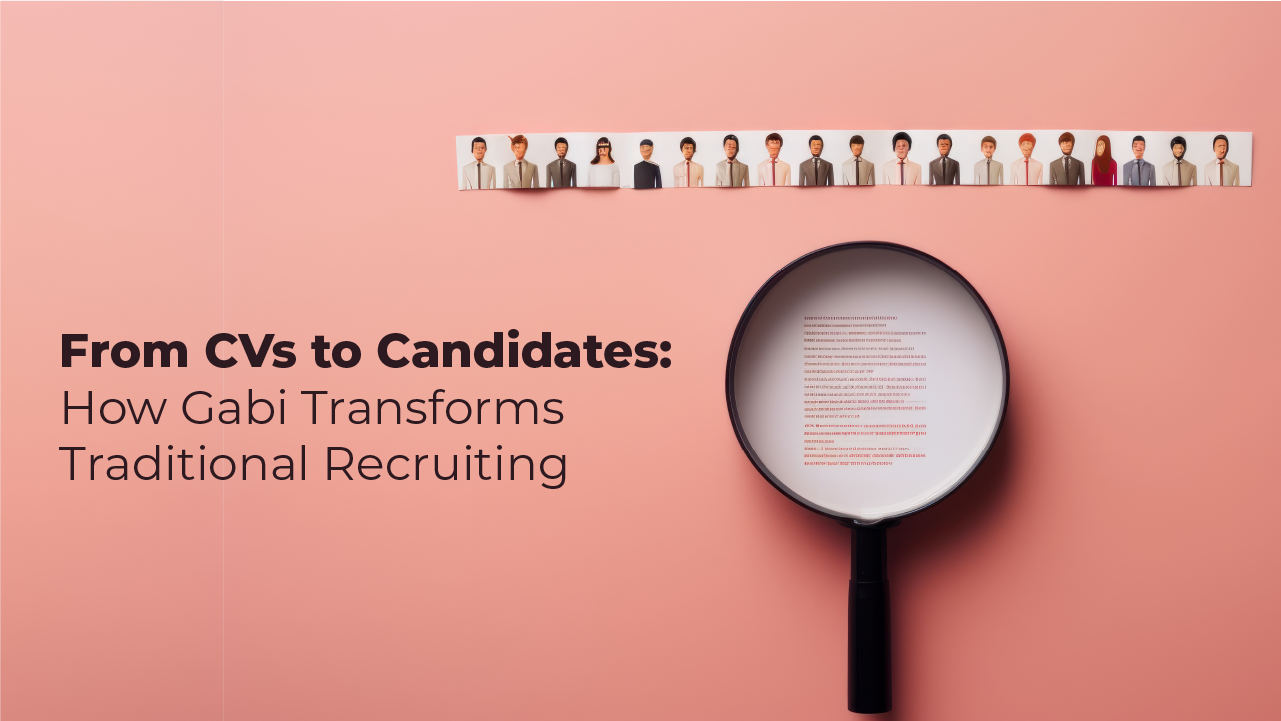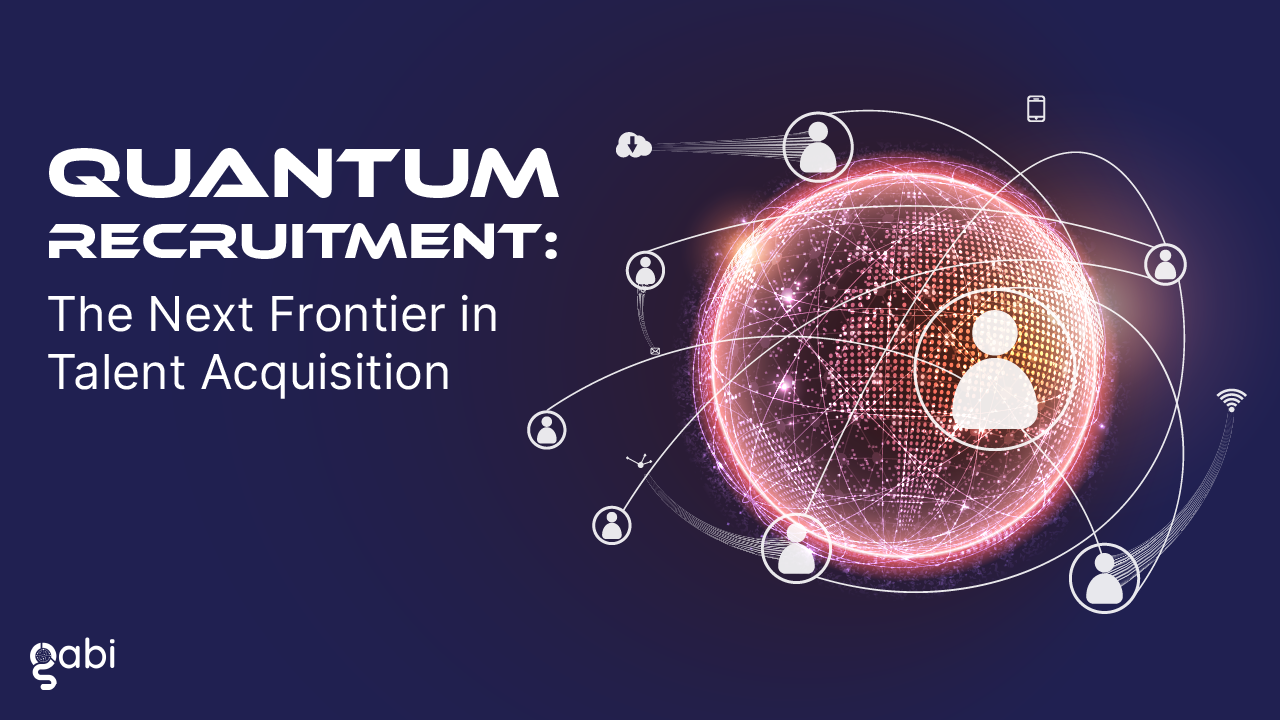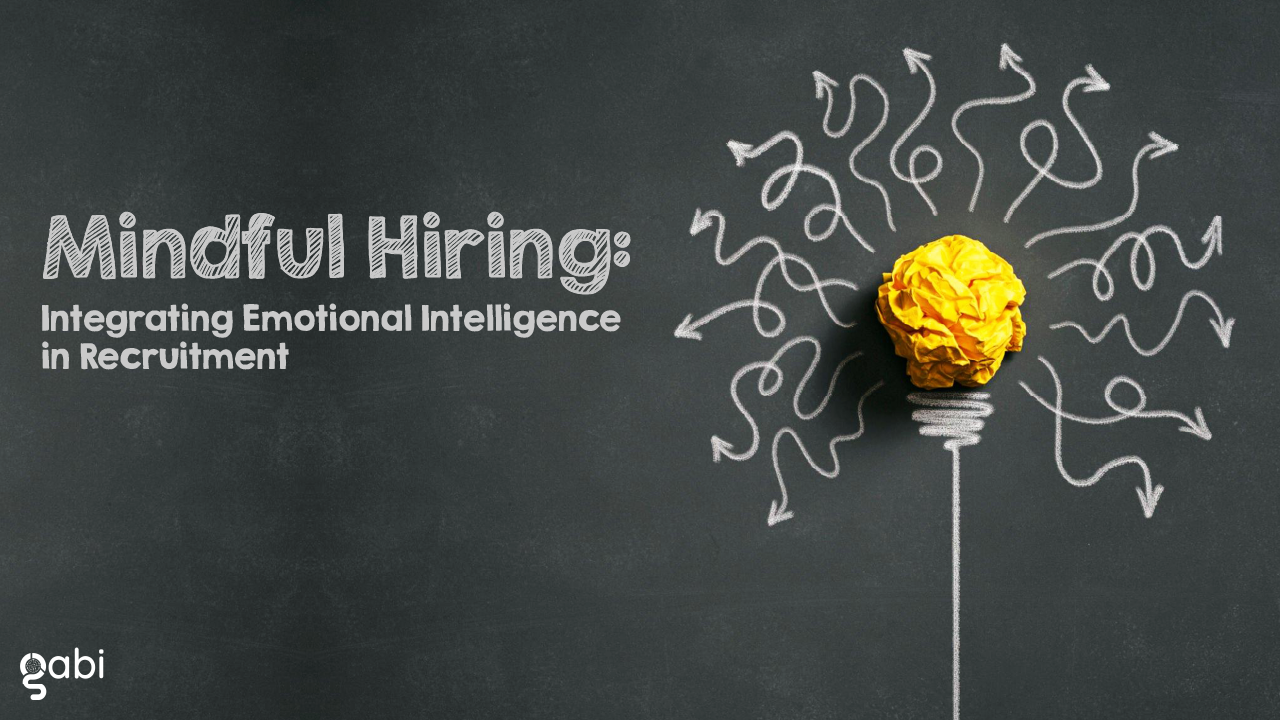Recruitment is being redefined as we speak, as countless technological advancements continually shape and redefine various processes. In this article, we’re going to explore one of the most popular language models that can completely transform your recruitment strategy.
Natural Language Processing (NLP) stands out as an important transformative force that can shift the old way in which organizations used to attract, assess, and engage with talent.
Let’s delve into the profound impact of Natural Language Processing (NLP) on recruitment, explore its benefits, navigate challenges, and peer into the future where NLP intersects with evolving trends in the industry.
Understanding Natural Language Processing’s Impact on Recruitment
Natural Language Processing (NLP), a branch of artificial intelligence (AI), centers on the interplay between computers and human language. Its primary objective is to empower machines to understand, interpret, and produce text resembling human language.
Within the realm of recruitment, Natural Language Generation assumes a significant role, contributing to the automation and improvement of diverse stages throughout the hiring process.
By harnessing the power of natural language understanding technology, recruiters can streamline and automate various aspects of the hiring process. Automated resume parsing, a key application of NLP, enables swift extraction and categorization of relevant information from resumes, significantly reducing manual efforts in the initial screening phase.
Semantic analysis and search capabilities enhance the precision of candidate sourcing, ensuring that job matches align not only with specific keywords but also with the contextual meaning behind them.
Benefits of Integrating NLP in Hiring Processes
The incorporation of NLP in talent acquisition brings a myriad of benefits. Here are three things worth paying attention to:
Efficient Resume Screening
By automating the screening process, candidates receive quicker responses, which can influence their first impression of the organization.
NLP-driven systems, equipped with language understanding capabilities, can identify the nuances of a candidate’s qualifications, ensuring a more accurate match with job requirements. This not only accelerates the hiring process but also fosters a positive and engaging experience for prospective candidates.
Enhanced Candidate Engagement
Chatbots powered by NLP can engage with candidates in real-time, responding to queries, providing information, and even scheduling interviews.
This instant and personalized communication enhances engagement, keeping candidates informed and interested throughout the hiring journey.
Improved Job Matching
NLP enhances job matching accuracy by comprehending the subtleties of job descriptions and candidate profiles.
This leads to improved alignment between candidate skills and job requirements, ultimately resulting in higher-quality hires.
Reduced Bias
NLP, when implemented thoughtfully, can significantly reduce bias in the recruitment process.
By focusing on objective language analysis and removing subjective elements, NLP aids in fostering a fair and inclusive hiring environment.
Challenges and Considerations in NLP Adoption
While NLP brings a host of benefits to recruitment, its adoption comes with challenges that organizations need to navigate:
Data Quality and Bias
NLP models heavily rely on the quality and diversity of the data. Biases inherent in training data have the potential to persist in algorithms, potentially resulting in biased decision-making.
Moreover, organizations need to invest in training models and refining algorithms continuously to stay aware of evolving language patterns and industry-specific terminologies.
Interpretable Models
The complexity of deep learning models in NLP can make them challenging to interpret.
It is crucial to comprehend how these models reach specific conclusions, particularly in sensitive areas such as hiring.
Ensuring accuracy in language understanding and word sense disambiguation remains a critical aspect, as misinterpretations can lead to misguided hiring decisions.
Privacy Concerns
As NLP involves the analysis of textual data, privacy concerns can arise.
Organizations need to guarantee the responsible handling of candidate data in compliance with data protection regulations.
The Future Landscape: NLP and Evolving Recruitment Trends
As the recruitment landscape undergoes continuous transformation, NLP is positioned to play a pivotal role in shaping its future. Some emerging trends include:
- Personalized Candidate Experiences: NLP-powered systems will enable organizations to create highly personalized and tailored experiences for candidates, from initial outreach to onboarding.
- Continuous Learning Models: NLP models will become more adaptive and capable of continuous learning, allowing them to stay updated with industry jargon, trends, and changes in language usage.
- Integration with Other Technologies: NLP will synergize with other emerging technologies, such as machine learning and predictive analytics, to create more holistic and intelligent recruitment systems.
Bottom Line
Natural Language Processing isn’t merely a tool; it stands as a driving force, ushering in a paradigm shift in the landscape of recruitment. Its ability to understand, interpret, and generate human-like language brings unprecedented efficiency, accuracy, and personalization to the hiring process.
While challenges exist, organizations that strategically integrate NLP into their recruitment strategies are well-positioned to thrive in the dynamic and competitive talent landscape.
As we navigate the future of recruitment, one name stands out as a pioneer in leveraging NLP for transformative hiring solutions — Gabi Labs. Join us on the journey to redefining recruitment excellence with Gabi Labs leading the way. Contact us today to get started!





